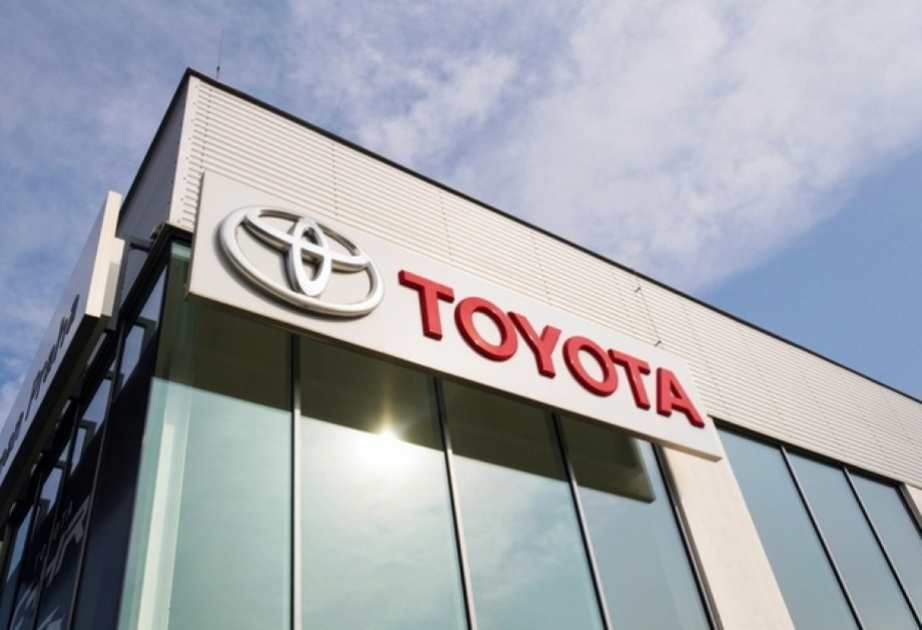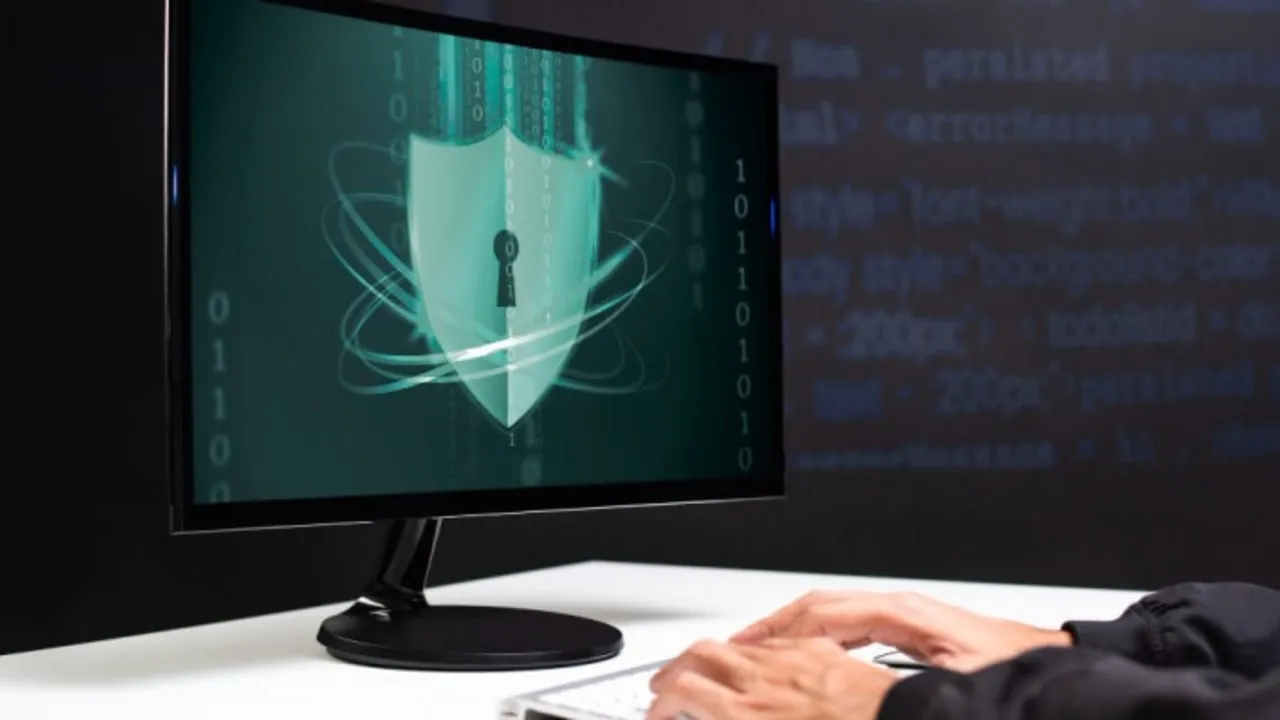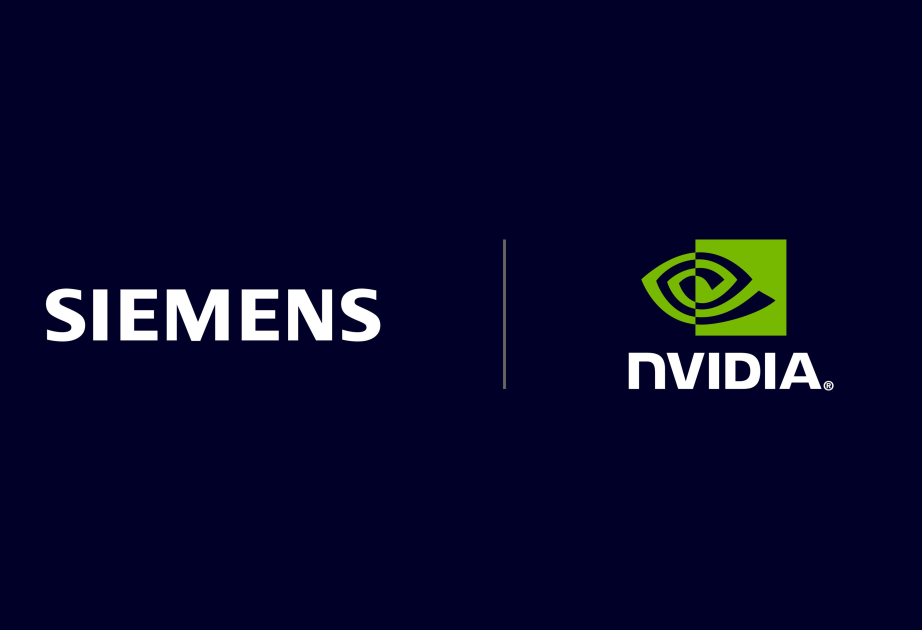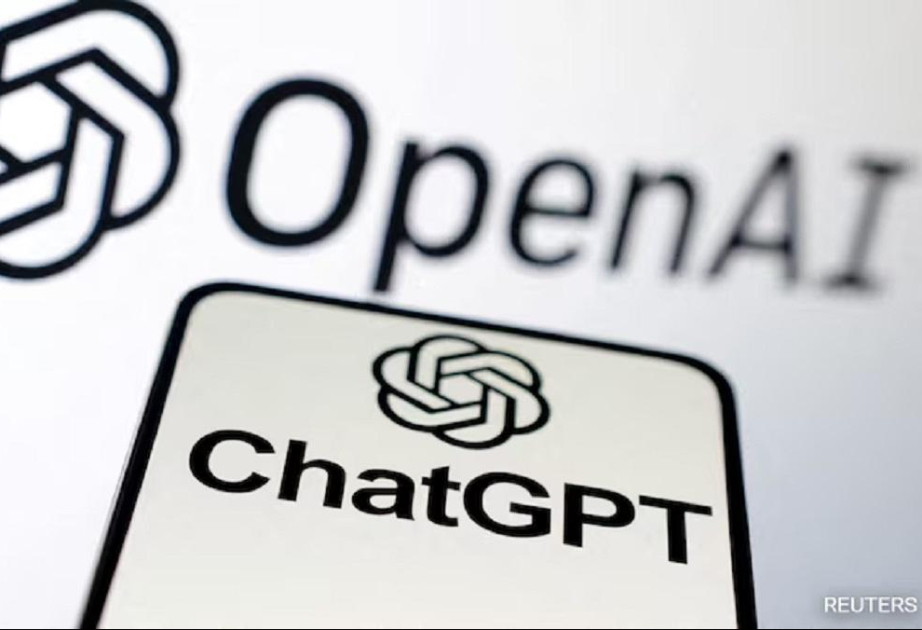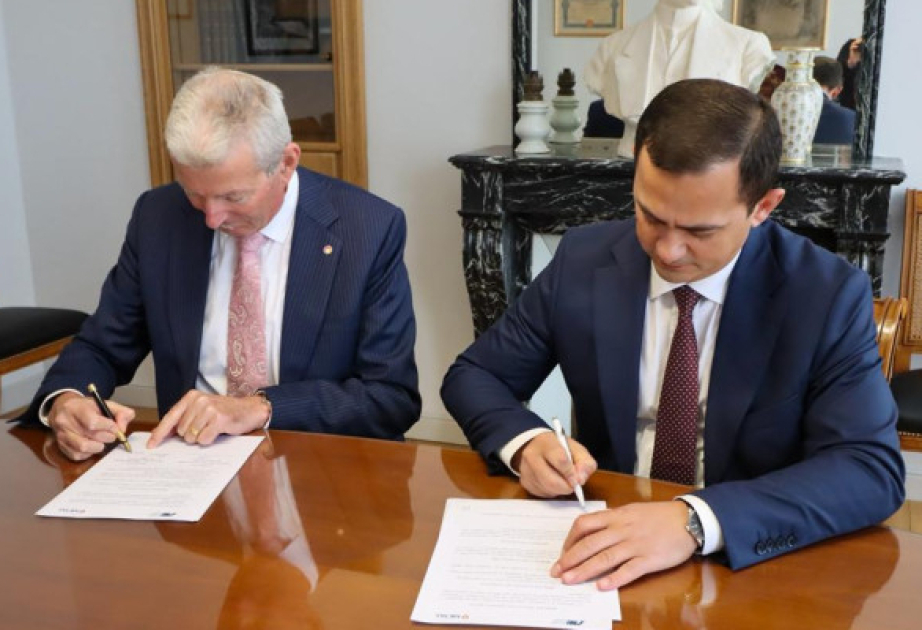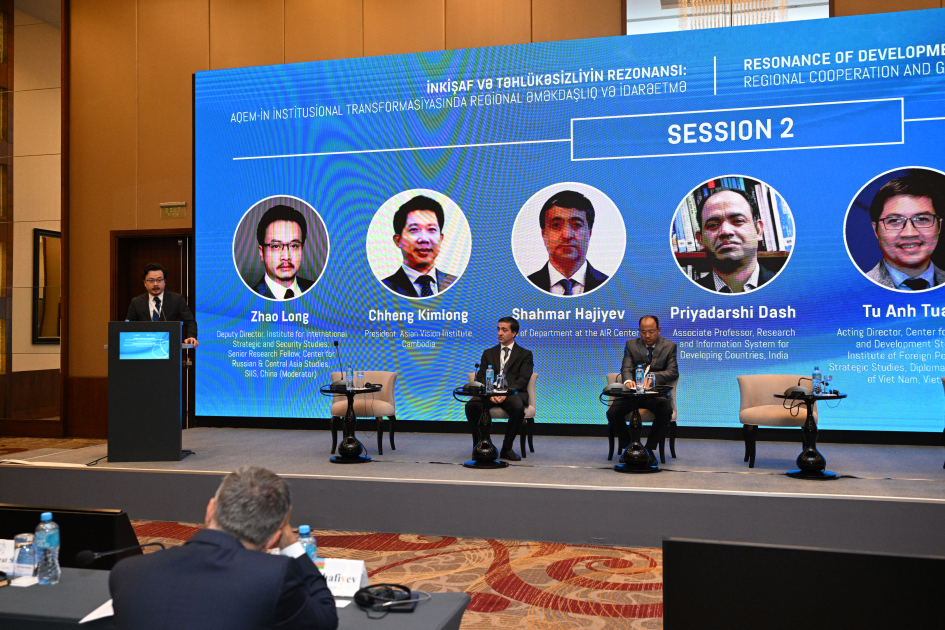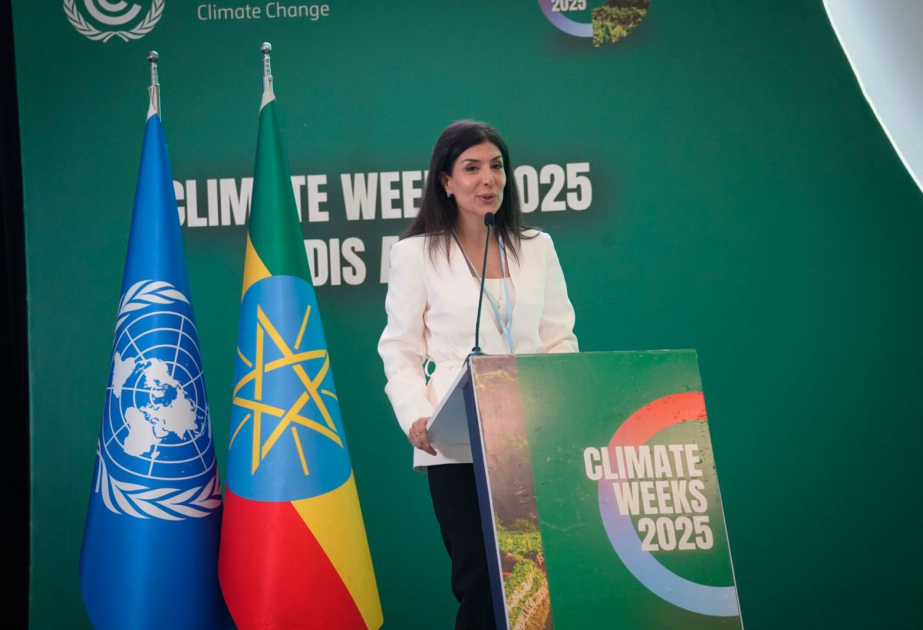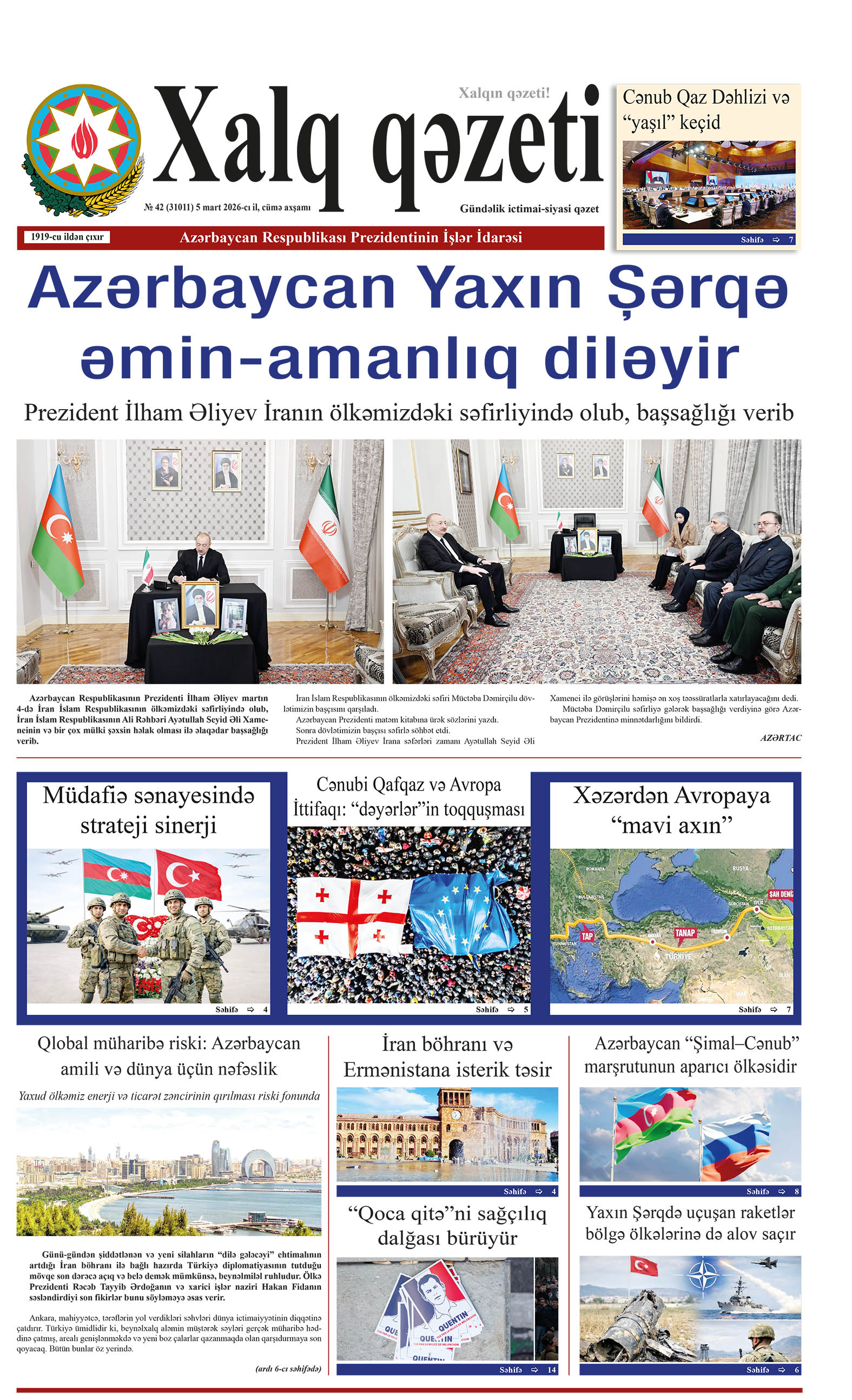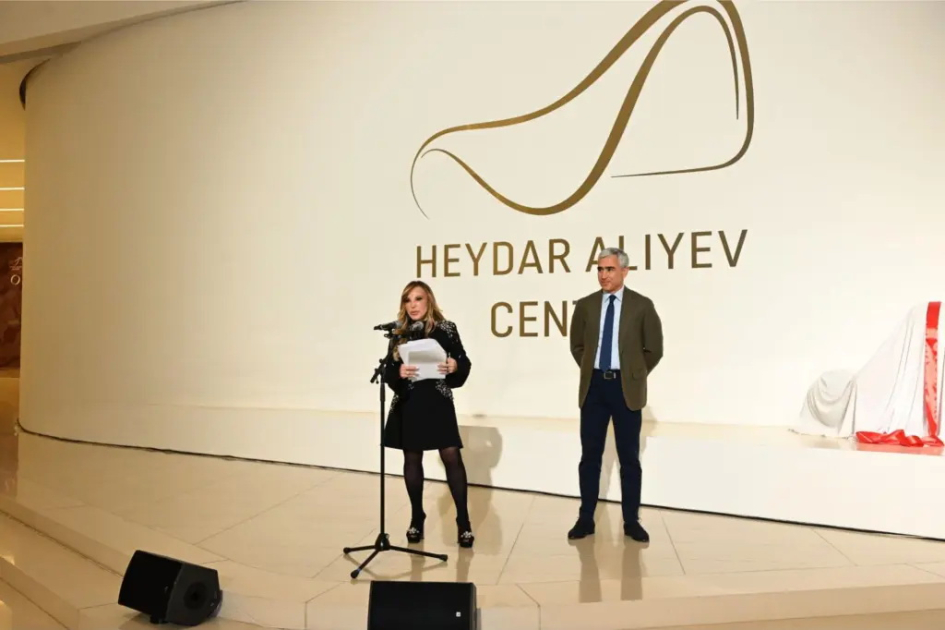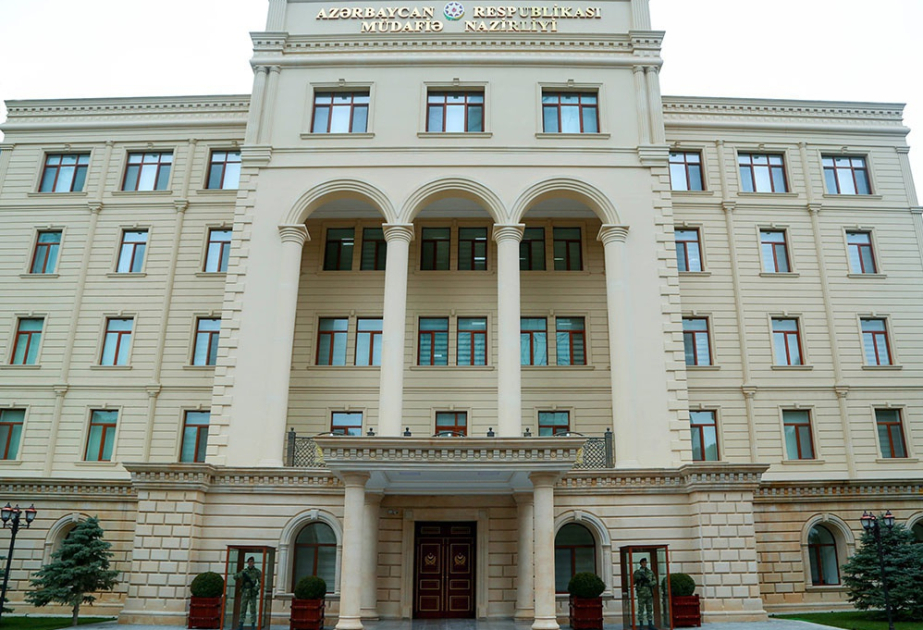WORLD
Toyota testing scandal wipes $18bn from market cap
08.06.2024 [16:36]
A+ A-
Baku, June 8, AZERTAC
Toyota Motor's market capitalization has dropped roughly 2.9 trillion yen ($18.5 billion) after a safety scandal became public this week, as investors call into question group governance, according to Nikkei.
Toyota on Monday acknowledged irregularities in safety tests for model certification following an internal investigation ordered by Japan's transport ministry. The automaker's share price fell for three straight days through Wednesday, losing 5% of its value. The stock recovered slightly Thursday, only to fall again Friday.
The decline has brought Toyota further away from Tesla. The U.S. electric vehicle leader overtook Toyota as the world's top automaker by market cap in July 2020. Toyota had narrowed the gap recently due to a slowdown in EV demand, and hoped to retake the lead until the safety scandal hit the brakes on its momentum.
Many observers say the misconduct will have a negligible effect on Toyota's earnings.
The company halted production on the Yaris Cross and two other models that were part of the scandal, but their combined production amounts to around 130,000 units a year, or about 1% of the 10 million-plus vehicles Toyota manufactures globally.
A one-month stoppage in sales of the models would reduce operating profit by 10 billion yen to 15 billion yen, according to a report from Kohei Takahashi, an analyst at UBS.
Yoshitaka Ishiyama, an analyst at Mizuho Securities, puts the impact of the production halt on Toyota's earnings at 9 billion yen per month, while the automaker's compensation to suppliers would be 22 billion yen a month at most.
Toyota forecasts 4.3 trillion yen in operating profit this fiscal year, meaning the overall hit to profits would be less than 1% of the total.
Yet the testing scandal has still put heavy downward pressure on Toyota's shares, indicating the market's misgivings lie elsewhere.
"The governance problem is a bigger worry than the impact on earnings," said Koji Endo of SBI Securities.
Toyota group companies such as Hino Motors, Daihatsu Motor and forklift maker Toyota Industries have been the subject of previous compliance scandals. Now similar irregularities have surfaced at the parent that pledged to lead reforms in the group's governance.
"That is a giant boomerang, and it is gradually affecting the stock price," said Seiji Sugiura at Tokai Tokyo Intelligence Laboratory.
Kota Yuzawa, an analyst at Goldman Sachs, said, "From a legal compliance standpoint, there needs to be stronger governance going forward."
With Toyota's failure to spot the testing problems, its shares "have become harder to buy due to fears over whether another [scandal] will surface," said Tomoichiro Kubota at Matsui Securities.
Improving governance with regard to quality control may be a focal point of Toyota's upcoming annual shareholders meeting, scheduled for June 18.
U.S. proxy firms Institutional Shareholder Services (ISS) and Glass Lewis have advised investors to vote against reappointing Toyota Chairman Akio Toyoda.
Responsibility for the series of certification irregularities within the Toyota group should ultimately fall on the longtime head of the organization, the proxies argue. This observation came before the problems at Toyota itself came to light.
Glass Lewis faulted Toyoda for "insufficient independent representation" on the board. Both Glass Lewis and ISS wield a certain level of influence over how international investors vote, and that contingent owned over a quarter of Toyota's shares at the end of March.
"I'd prefer to see the government and the OEMs [automakers] coordinate and discuss what would benefit customers and improve the competitiveness of the Japanese auto industry, as well as what to do about the [certification] system itself," Toyoda told reporters.
The testing scandal could end up affecting more vehicle models depending on what is uncovered by Toyota's internal investigation. But the automaker remains on a growth trajectory, mainly due to its focus on hybrids.


